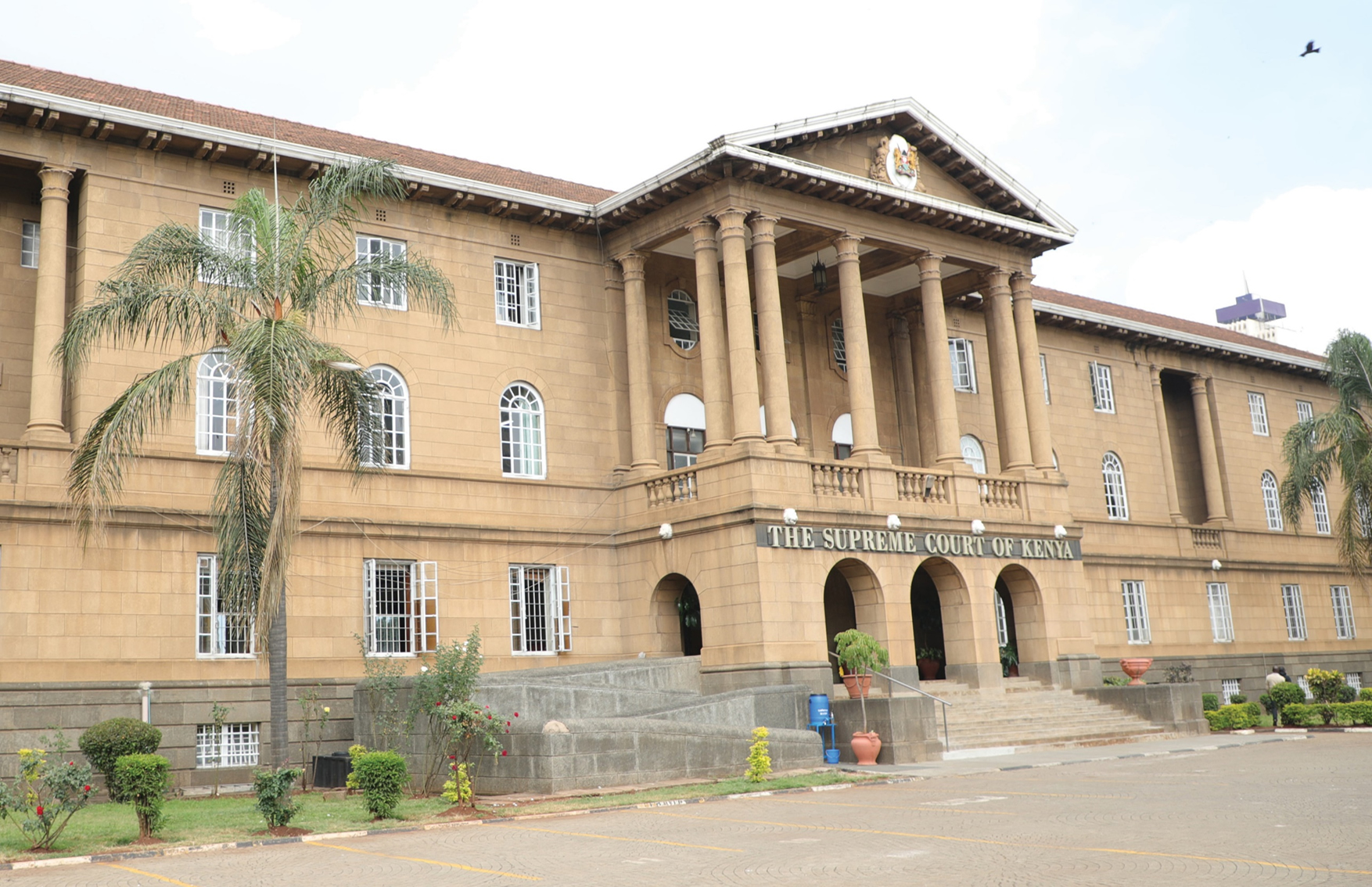The Judiciary as the convenient villain: State narratives, accountability, and the rule of law in Kenya
by admin on | 2025-10-02 11:22:19 Last Updated by admin on 2026-02-20 20:17:52
Share: Facebook | Twitter | Whatsapp | Linkedin Visits: 364

The judiciary in Kenya, enshrined under Article 160 of the Constitution of Kenya 2010,1 serves as a foundational pillar of democratic governance, entrusted with upholding the rule of law, safeguarding constitutional supremacy, and protecting fundamental rights and freedoms. As an independent arm of government, it acts as a bulwark against arbitrary exercise of power, ensuring checks and balances within the state’s tripartite structure. However, in recent years, the judiciary and its officers have faced escalating assaults from a confluence of political actors, vested interest groups, and segments of the public. These attacks manifest as personalized vilification ,sensationalized media campaigns, disinformation propagated through digital platforms, and direct threats to judicial officers, all of which undermine judicial impartiality, erode public trust, and threaten the very fabric of constitutionalism.2 This piece comprehensively examines the nature, sources, and implications of these assaults on judicial independence, situating them within the broader context of Kenya’s democratic evolution and the global discourse on judicial autonomy. It further evaluates the robustness of existing legal frameworks both domestic and international that protect judicial independence, while proposing actionable reforms to shield the judiciary from unwarranted interference without stifling legitimate accountability. The analysis draws on case law to illustrate the judiciary’s role as a guardian of constitutionalism amid intense political pressure. The Supreme Court’s landmark decision in Raila Amolo Odinga & Another v Independent Electoral and Boundaries Commission & 2 Others [2017] eKLR,3 which nullified the 2017 presidential election, stands as a testament to judicial courage in upholding electoral integrity, despite triggering fierce political and public backlash, including threats against judicial officers.4 Similarly, the High Court’s decision in David Ndii & Others v Attorney General & Others [2021] eKLR, which declared the Building Bridges Initiative (BBI) unconstitutional, and its subsequent partial affirmation by the Court of Appeal and Supreme Court in Attorney General & Others v David Ndii & Others [2022] eKLR, exemplify the judiciary’s resistance to executive overreach, even at the cost of vilification campaigns and accusations of judicial overreach.5 The advisory opinion in Re: The Matter of the National Assembly Advisory on the Dissolution of Parliament [2020], delivered by Chief Justice David Maraga, further provoked severe political reprisals, including budget cuts and public denigration, highlighting the vulnerability of judicial officers to retaliatory measures. Additionally authorities like Judicial Service Commission v Speaker of the National Assembly & another [2013]6, reinforces Judicial autonomy against legislative encroachments .While international jurisprudence, such as the European Court of Human Rights’ decision in Baka v Hungary (2020)7, and the Inter American Court of Human Rights’ case of Constitutional Court v Peru (1999)8, provide comparative insights into the global dimensions of threats to judicial tenure and independence. This paper will critically assess the implications of these assaults, arguing that unchecked interference not only undermines judicial impartiality but also jeopardizes public confidence in the rule of law, weakens democratic institutions, and risks sliding Kenya toward authoritarianism. It evaluates domestic protections, including Article 160, the Judicial Service Act (2011),9 alongside international frameworks like the United Nations Basic Principles on the Independence of the Judiciary (1985)10, the African Charter on Human and Peoples’ Rights (Article 26), and the Bangalore Principles of Judicial Conduct (2002)11. These instruments collectively emphasize the state’s obligation to guarantee judicial independence through secure tenure, adequate resources, and protection from external pressures. However, gaps in enforcement, coupled with weak public understanding of judicial roles, exacerbate the judiciary’s vulnerability read more...
Search
Trending News
 Who will be the next Law Society of Kenya President?
Who will be the next Law Society of Kenya President?
 The Forgotten titan: Why Talanta Stadium should Honour Kenneth Matiba
The Forgotten titan: Why Talanta Stadium should Honour Kenneth Matiba
 The guardians of justice have crossed the political line: A Constitutional reckoning for the Judicial Service Commission
The guardians of justice have crossed the political line: A Constitutional reckoning for the Judicial Service Commission
 Extrajudicial killings: A blatant violation of constitutional and human rights
Extrajudicial killings: A blatant violation of constitutional and human rights
